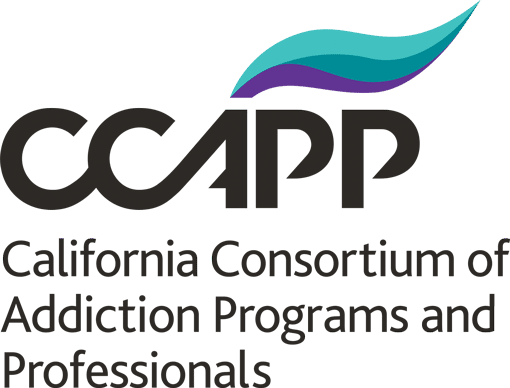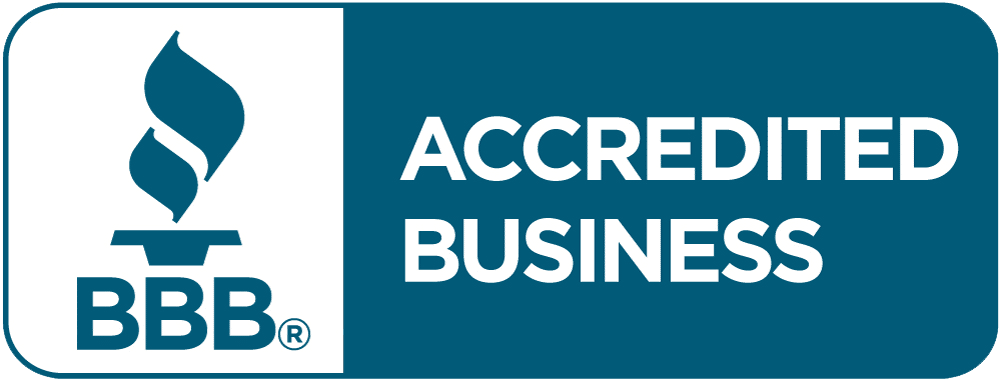
Substance abuse is a serious problem that affects people from all walks of life, regardless of gender, age, or background. Notably, there has been a concerning increase in substance abuse among women in recent years, leading to consequences both personally and professionally.
Continue reading to understand the challenges faced by women dealing with alcohol, drugs, and substance abuse in the workplace and the strategies that employers and colleagues can adopt to support their recovery journey.
The Prevalence of Substance Abuse Among Women
In the past, people used to think that substance abuse was mainly a problem for men, but things have really changed over the last few decades. Nowadays, women are facing similar pressures and challenges as men, and this has led to an increase in substance abuse rates among them. According to the Substance Abuse and Mental Health Services Administration (SAMHSA), there’s been a significant rise in the number of women using illicit drugs in the past year.
The impact of substance abuse on women’s health is truly heartbreaking. Physiologically, women tend to suffer more severe consequences due to differences in their bodies and metabolism. On top of that, substance abuse can mess with reproductive health, raise the risk of violence, and make mental health issues even worse. It’s a really tough situation for many women out there.
Substance Abuse in the Workplace
Substance abuse in the workplace can cause a variety of problems for both employees and employers. Work can be more difficult for women due to societal expectations, balancing work and family, and the stigma associated with addiction. The following are the consequences of female workplace substance abuse.
Decreased Productivity
One of the most noticeable effects is decreased productivity, with women having difficulty focusing, meeting deadlines, and delivering quality work. Projects may be delayed as a result, and overall team performance may suffer. Absenteeism may increase as a result of health problems associated with substance abuse, exacerbating the productivity decline. Furthermore, workplace morale and cohesion may suffer as coworkers must cover for an injured employee or deal with the consequences of their actions.
Safety Hazards
Substance abuse among women in the workplace can pose significant safety risks, particularly in high-risk industries such as manufacturing, transportation, and healthcare. Impaired judgment and coordination caused by substance abuse can increase the risk of accidents and injuries, putting the individual, their colleagues, and the general public at risk. For example, a worker operating heavy machinery while under the influence of drugs or alcohol could have disastrous consequences.
Substance abuse can also impair cognitive abilities and decision-making, making it difficult for employees to respond appropriately in an emergency. Implementing comprehensive drug and alcohol policies, raising awareness, and providing assistance to those in need are critical steps in mitigating these safety risks and ensuring a secure work environment.
Career Progression
Women’s substance abuse in the workplace can have detrimental effects on their career progression. Consistent substance abuse can lead to increased absenteeism, decreased productivity, and a decline in overall job performance. These factors may cause women to miss out on important opportunities for professional growth and advancement. Employers are less likely to promote individuals who struggle with substance abuse due to concerns about reliability, dependability, and the ability to handle increased responsibilities.
Moreover, substance abuse can lead to damaged relationships with colleagues and supervisors, further hindering networking and mentorship opportunities critical for career development.
Stigma and Discrimination
Women who experience substance abuse in the workplace may encounter heightened levels of stigma and discrimination influenced by gender biases and societal perceptions. Due to prevailing stereotypes, women struggling with substance abuse might face harsher judgment and negative attitudes from colleagues, supervisors, or even clients.
They may be unfairly labeled as “unstable” or “unreliable,” leading to isolation and exclusion from workplace activities. Moreover, the fear of being stigmatized can prevent women from seeking help and support, perpetuating the cycle of substance abuse.
Mental Health
Women’s substance abuse in the workplace can have a profound impact on their mental health. Substance abuse is frequently connected to underlying mental health conditions such as anxiety, depression, or trauma.
The misuse of substances may serve as a coping mechanism for unresolved emotional struggles, exacerbating the overall mental well-being of the individual. The combination of substance abuse and mental health issues can create a vicious cycle, leading to reduced job satisfaction, increased stress, and difficulty managing workplace responsibilities.
The negative effects on mental health can also spill over into one’s personal life, affecting relationships and their overall quality of life. Recognizing and addressing these co-occurring issues through counseling, therapy, and employee support programs is crucial for fostering a healthier work environment for women.
Supporting Employees in Recovery
Creating a supportive workplace environment is crucial for promoting recovery and facilitating the successful reintegration of employees dealing with substance abuse. Here are some strategies that employers and colleagues can employ to provide valuable support to their female co-workers in recovery:
Foster a Non-Judgmental Culture
Fostering a non-judgmental culture within the workplace is crucial for providing valuable support to female co-workers in recovery. By actively promoting an environment that embraces empathy and understanding, employers and colleagues can create a safe space where individuals feel comfortable discussing their mental health and addiction struggles. Open conversations about these topics help break down the barriers of shame and guilt, encouraging more co-workers to seek help when needed.
Creating a non-judgmental culture involves training employees and management to recognize and challenge their biases, ensuring that no one is discriminated against or treated unfairly due to their recovery journey. By emphasizing the importance of empathy and active listening, colleagues can develop deeper connections with their female co-workers in recovery, offering encouragement and support without judgment.
Ultimately, a non-judgmental culture helps female co-workers in recovery feel accepted and valued, enabling them to thrive both personally and professionally.
Offer Employee Assistance Programs (EAPs)
EAPs are confidential counseling and support services designed to help employees facing substance abuse or mental health challenges. By making these programs readily available and promoting awareness about their existence, companies can create a culture that prioritizes the well-being of their employees.
EAPs offer a range of services, including counseling sessions, crisis intervention, and referrals to specialized treatment centers. For female co-workers in recovery, these programs can provide a lifeline of support, empowering them to address their challenges proactively and confidentially. Furthermore, EAPs contribute to reducing the stigma associated with seeking help for mental health or addiction issues by emphasizing confidentiality and non-judgmental assistance.
Employers and colleagues can actively promote the availability of EAPs through various means, such as internal communications, training sessions, or wellness initiatives.
Train Managers and HR Personnel
Training managers and HR personnel is a crucial strategy for employers and colleagues to provide valuable support to their female co-workers in recovery. By equipping these key individuals with the knowledge and skills to recognize signs of substance abuse and mental health challenges, they can respond with sensitivity and compassion when addressing these issues in the workplace.
Comprehensive training should include education about the complexities of addiction and mental health, dispelling myths, and reducing the stigma surrounding these topics. It should also cover effective communication techniques to approach employees non-judgmentally and encourage them to seek help or use resources like EAPs. Training should emphasize the importance of confidentiality and privacy, ensuring employees feel safe and supported when sharing their struggles.
Flexible Work Arrangements
Offering flexible work arrangements is a powerful strategy that employers and colleagues can employ to provide valuable support to their female co-workers in recovery. Recognizing that recovery from substance abuse or mental health challenges may require additional time and flexibility, allowing employees to adjust their work schedules or locations can make a significant difference.
Flexible work arrangements can include options such as remote work, flexible hours, part-time schedules, or job-sharing arrangements. By granting these accommodations, employers demonstrate their understanding and commitment to the well-being of their female employees, enabling them to better balance work and recovery responsibilities.
These arrangements can significantly reduce stress and pressure on female co-workers in recovery, fostering a supportive and understanding environment.
Support Groups and Peer Mentoring
Support groups and peer mentoring programs are invaluable strategies that employers and colleagues can employ to provide valuable support to their female co-workers in recovery. These initiatives create a sense of community and understanding, offering a safe space for individuals to share their experiences, challenges, and triumphs.
By encouraging the formation of support groups within the workplace, employers foster an environment where female employees can connect with others who have faced similar struggles, creating a network of empathy and solidarity. These groups can be organized around specific recovery topics, such as substance abuse, mental health, or stress management, allowing participants to learn from one another and offer emotional support.
On the other hand, peer mentoring programs pair individuals in recovery with colleagues who have successfully navigated similar challenges in the past. This mentorship fosters one-on-one relationships, providing practical advice, encouragement, and guidance to help female co-workers overcome obstacles and reach their goals in recovery.
Return-to-Work Plans
Creating detailed return-to-work plans is essential for employers and colleagues to offer valuable support to their female co-workers in recovery. These plans are critical to facilitating a smooth and successful transition back to the workplace after a period of absence due to substance abuse or mental health challenges.
A well-crafted return-to-work plan considers the specific needs and circumstances of the employee during the recovery process. It may involve a gradual reintegration schedule, allowing the individual to ease back into their responsibilities, thus reducing the pressure and potential stress associated with returning to full-time work immediately.
Health Insurance Coverage
Ensuring that health insurance plans include comprehensive coverage for substance abuse treatment, therapy, rehabilitation, and counseling services is a crucial strategy that employers and colleagues can employ to provide valuable support to their female co-workers in recovery. By offering robust health insurance benefits that encompass mental health and addiction services, employers demonstrate their commitment to the well-being of their employees.
Accessible and comprehensive coverage enables female co-workers in recovery to seek the necessary professional help without financial barriers, reducing the stress associated with obtaining appropriate treatment. This empowers them to proactively address their recovery needs, promoting a healthier and more productive workforce.
Employee Education
Conducting workshops and seminars to educate employees about the signs of substance abuse, its impact, and the available resources for help is a valuable strategy that employers and colleagues can employ to support their female co-workers in recovery.
Employees should be educated about the different types of interventions and their benefits, because employee education plays a critical role in increasing awareness and understanding of mental health and addiction issues, reducing stigma, and promoting a more supportive and empathetic workplace culture.
Promote Work-Life Balance
Promoting work-life balance is a key strategy that employers and colleagues can employ to provide valuable support to their female co-workers in recovery. A balanced approach to work and personal life can significantly reduce stressors that may contribute to substance abuse and mental health challenges.
Employers can encourage work-life balance by offering flexible work arrangements, such as flexible hours or remote work options, to help female employees better manage their recovery journey alongside their professional responsibilities. Setting realistic workload expectations and reasonable deadlines also ensures that employees can maintain a healthy balance without feeling overwhelmed.
Final Words
Women’s substance abuse in the workplace is a pressing issue that demands attention and support from employers and colleagues alike. A supportive work environment not only benefits the affected employees but also contributes to a more productive and compassionate society as a whole.
Take the first step towards lasting recovery by reaching out to Christian’s Drug Rehab today. Our compassionate team of experts is here to guide you on your journey to healing and restoration. Contact us to learn more about our personalized treatment programs. Remember, help and hope are just a call away. Start your path to recovery now!












